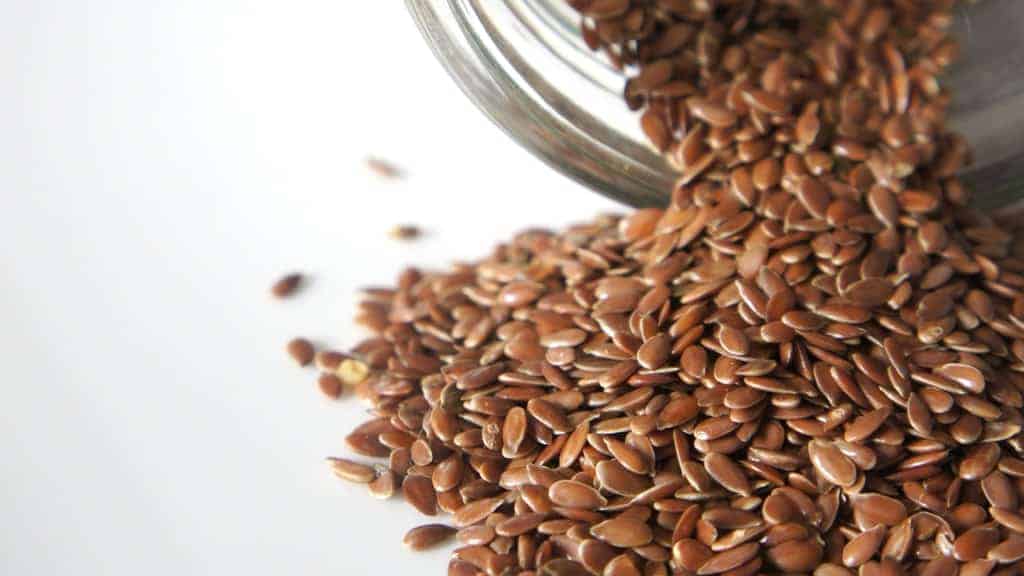Fenugreek is an extraordinary herb that the people of Western Asia, Persia, and the Mediterranean used as far back in recorded history as 4000 BC. A multipurpose plant, fenugreek seasons food, relieves ailments of the skin and improves overall health. That success record gives rise to its current reputation as a natural supplement with a wide array of benefits for the human body.
But what exactly is fenugreek?
Fenugreek (Latin name: Trigonella foenum-graecum) comes from the Mediterranean and West Asia. You can eat it either fresh or dried. And, you will learn to recognize its oblong yellow or green leaves. Its seeds, methi seeds, are prized for their medicinal value and also commonly used in Turkish, Ethiopian, and Egyptian cooking. Their fragrance is sweet and similar to maple, so fenugreek seeds frequently used to perfume maple-flavored syrup, candy, and other edibles as well as soap and cosmetic products.
But the versatility of fenugreek doesn’t stop with its uses in international cuisine. It also has numerous well-documented health benefits.
The Health Benefits of Fenugreek
1. Fenugreek Can Give You a Luxurious Mane
Most of us know that long, healthy hair begins with a nutritious diet, but did you know that there are specific nutrients you can take to encourage hair growth and shininess? Fenugreek contains a number of those nutrients including protein, potassium, vitamin C, lecithin, iron, and nicotinic acid. The combination of these nutrients can help boost your immune system, improve circulation to your scalp (a big advantage for those dealing with thinning hair or hair loss), strengthen hair follicles, and possibly even help reverse premature graying. However, you should consult with your doctor before adding fenugreek to your diet and take it only in moderation, as excessive quantities of any supplement can be just as harmful as vitamin or mineral deficiencies.
2. Fenugreek Can Help Lower Your Blood Sugar
Among its other healthful properties, fenugreek contains an amino acid known as 4HO-Ile. This acid contains protective factors against diabetes. That’s because they work by increasing insulin sensitivity and secretion. That, in turn, helps to lower the body’s blood sugar. Fenugreek administered to both diabetic and non-diabetic subjects has the same effect on blood sugar levels according to one study. Additionally, these compounds help block the activity of alpha-amylase and sucrase, the enzymes responsible for turning sugars into blood glucose.
3. These Seeds Can Lower Your Cholesterol
As we get older, rising cholesterol levels can wreak havoc on our health. But did you know that fenugreek can help lower cholesterol and triglyceride levels? According to some studies, when taken regularly fenugreek can help lower your total level of cholesterol by up to 16%, and your LDL cholesterol levels anywhere from 10 to 16%.
This is a plus for those fighting high cholesterol, as well as those with a familial history of heart disease. That’s because increased cholesterol levels strongly correlate with increased risk of heart attack, stroke, and peripheral artery disease. For these reasons, regular supplementation with fenugreek combined with a healthy diet and regular exercise can be the difference between cardiac disease and heart-healthy life.
4. The Seeds Can Help Alleviate Menstrual Cramps
Anyone who’s ever had a period will tell you that the cramps are the worst part. Though some women experience only mild to moderate cramps before and during their periods, others deal with cramps so debilitating that relief can only be found in a hot bath or a heating pad. Fortunately, fenugreek is here to help! Fenugreek seeds are rich in the compounds lysine and tryptophan: proteins that can offer pain relief by relaxing the muscles.
5. Fenugreek Can Help Relieve Skin Inflammation
In addition to its muscle-relaxant properties, fenugreek can also help treat inflammations of the skin. Ancient peoples ground the seeds and boiled them in clean water to make a paste. Then, they applied the mixture topically to the skin in affected areas. For maximal effect, fenugreek can also be mixed with other soothing herbs like goldenseal, flaxseed, or slippery elm before application. The mixture can be left on anywhere from one hour to an entire 24 hours, then gently washed off.
6. Fenugreek Can Increase Your Sex Drive
Some studies have shown that a fenugreek regimen can help boost testosterone production in men, increasing libido and promoting a more enjoyable sex life. As men age, it’s common for their testosterone levels to decrease. Obese men also frequently experience a dip in their testosterone production. This condition (also called hypogonadism) is frequently treated with hormone replacement therapy. However, some studies have shown that natural supplements including fenugreek can be equally therapeutic.
7. Fenugreek Can Encourage Breast Milk Production
For new mothers struggling to nurse, fenugreek can give you just the boost you need to help up your milk production and make lactation easier. Practitioners of traditional Asian medicine have recommended fenugreek for exactly this purpose for centuries.
Despite anecdotal evidence dating back to ancient India, a recent study suggests that science should continue to research the usage of this herb for improving lactation.
8. May Be Beneficial for Brain Health
Some studies have found that fenugreek can help reverse symptoms associated with neurodegenerative diseases such as Alzheimer’s and Parkinson’s. In one research study, rats given fenugreek seeds in their diets were found to have lower levels of the enzyme acetylcholinesterase, which breaks down the neurotransmitter acetylcholine. Acetylcholine is associated with memory, learning, and other cognitive functions. These same rats were also found to have lower levels of amyloid beta in their brains, which is associated with the slower progression of certain neurodegenerative diseases.
9. This Supplement Can Help Prevent Obesity
Of course, the most important factors influencing your weight are diet and exercise, but some evidence suggests that fenugreek can help you maintain a slim figure if taken regularly. When you consume this herb as a tea, fenugreek seeds work as an appetite suppressant, helping to sate hunger and make consumers feel fuller faster. This function helps aid in increased weight loss in the long term.
10. Fenugreek Seeds Can Soothe Your Digestive Troubles
If you’re one of the numerous Americans who suffer from frequent stomach complaints including IBS or other inflammatory bowel disorders, fenugreek can bring some much-needed relief. If you’re experiencing a loss of appetite, gastritis, constipation, or intestinal cramping, a tea of fenugreek leaves can help relieve pain and reduce the frequency of your symptoms. Because it’s rich in fiber, it can also help promote more regular and healthier bowel movements. This function assists those suffering from constipation.
11. The Seeds Can Help Arthritis Pain
Arthritis is a common affliction among our aging population, and it can cause joint pain severe enough to limit the sufferer’s mobility. Are you living with arthritis pain and you have difficulty finding relief in over-the-counter painkillers? Or, are you reluctant to take more potent prescription painkillers? This herb can be a wonderful natural alternative. Because of its anti-inflammatory properties, fenugreek can help reduce the joint pain associated with arthritis flares. And that restores the quality of life and makes mobility easier.
12. Fenugreek Seeds May Help Lower Your Risk of Cancer
Cancer is an incredibly prevalent fear, and one most of us start thinking about more frequently as we age. Especially if you have existing familial history, the fear of cancer can be profound. Fortunately, fenugreek shows promise in helping to reduce the risk of developing certain cancers by inducing apoptosis (programmed cell death).
Side Effects of Using These Seeds
Like any natural supplement, fenugreek does come with its share of possible side effects. Watch out for these conditions and stay alert for them.
Some of the more common side effects include the following:
- Digestive problems (nausea, diarrhea, bloating)
- Reduced levels of blood sugar and potassium.
If you know you’re at risk for low blood sugar or potassium, consult with your doctor before you start taking fenugreek. Make sure to report any side effects that may emerge to your physician.
Because of the risk of side effects, do not start taking multiple new herbal supplements simultaneously. This can make it difficult to determine which supplement is responsible for the side effects. Instead, supplements should only be introduced into your diet one at a time. Additionally, you should monitor them closely for the development of side effects before adding more.
 Final Thoughts on Making Fenugreek Part of Your Diet
Final Thoughts on Making Fenugreek Part of Your Diet
Fenugreek is not a cure-all. However, evidence documents it as an aid to help fight a wide variety of health conditions. Furthermore, it can promote good hair, skin, and heart health, as well as proving to be a formidable ally in the battle against cancer.
Although you should not use fenugreek to take the place of any doctor-recommended medical treatment, it can be a valuable source of support to your current medications. Also, it adds value to your diet and exercise regimen.
Make sure to do your research before you start taking fenugreek. Finally, introduce new herbs into your diet under professional supervision.












 Community
Community

